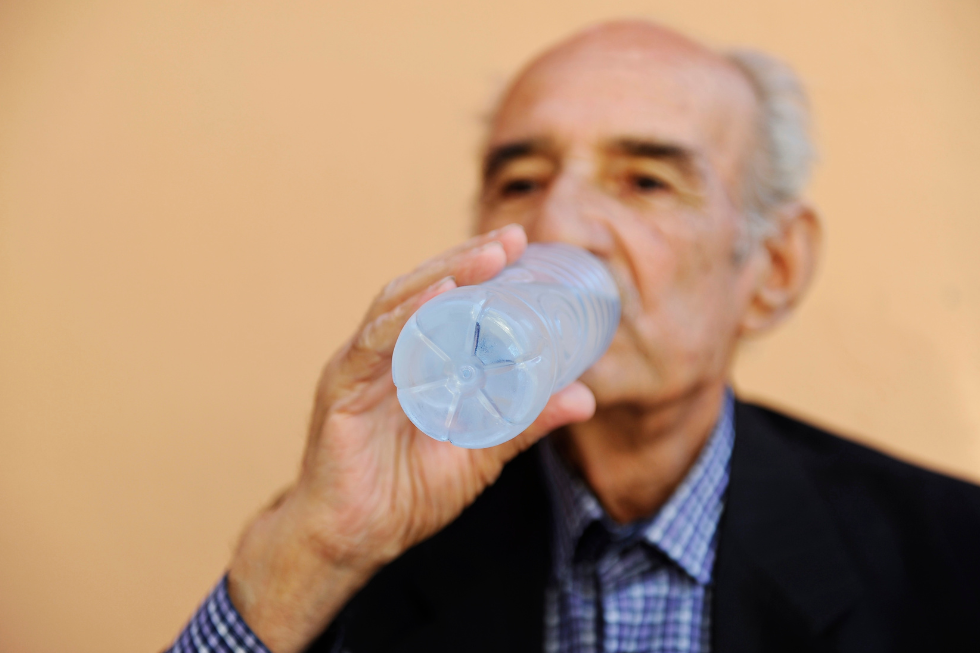As the colder months settle in, we tend to associate winter health risks with icy sidewalks, flu season, and chilly winds. While these are all valid concerns, one often overlooked risk is dehydration. Surprisingly, dehydration can be just as common in the winter as it is during the hot summer months, especially for aging adults. Understanding the importance of water intake and proper nutrition during this time is key to maintaining health and preventing winter-related issues.
Why Dehydration Happens in Winter
In colder weather, our thirst sensation diminishes, leading many to drink less water. When temperatures drop, the body works harder to maintain warmth, and moisture is lost through respiration. Indoor heating systems also tend to dry out the air, increasing the likelihood of dehydration. Aging adults are particularly vulnerable, as the natural ability to feel thirsty weakens with age.
Symptoms of dehydration can be subtle and may include:
- Dry mouth
- Fatigue
- Dizziness or light-headedness
- Dark urine or infrequent urination
- Confusion or disorientation
Ignoring these signs can lead to more serious health issues, including urinary tract infections, kidney stones, or even hospitalizations due to severe dehydration.
The Role of Water in Winter Nutrition
Water is essential for regulating body temperature, transporting nutrients, and removing waste. In the winter, the body relies on proper hydration to maintain normal function. For aging adults, water also helps in digestion and can prevent constipation, a common issue when physical activity decreases during the colder months.
How much water is enough? While the standard recommendation is to drink eight glasses of water per day, aging adults should aim for slightly more, especially if they have underlying health conditions. It’s important to note that some beverages, like coffee and tea, can have a diuretic effect, meaning they may cause you to lose more water. Ensuring a balance of water intake is key to avoiding dehydration.
Proper Nutrition for Cold Weather
In addition to water intake, maintaining proper nutrition in the winter is equally important. Cold weather can often lead to less activity and reduced appetites, especially in older adults. However, fueling the body with nutritious, warming foods can help boost immunity, maintain energy levels, and regulate body temperature.
Key nutrients to focus on include:
- Proteins: Help to repair and build body tissues and are important for immune function. Include lean meats, poultry, beans, and legumes in meals.
- Fiber: Supports digestive health, especially when paired with adequate water intake. Whole grains, fruits, and vegetables are excellent sources.
- Healthy Fats: Provide energy and support brain health. Focus on healthy fats like those found in fish, nuts, and avocados.
- Vitamins and Minerals: Vitamin D is particularly important during winter, as less sunlight can lead to deficiencies. Other vitamins like C and E help boost immunity, while potassium helps to regulate water balance in the body.
Incorporating hydrating foods, such as soups, fruits, and vegetables, can help maintain hydration levels. Warm beverages like herbal teas can also be a soothing way to increase fluid intake without caffeine.
Tips for Staying Hydrated and Nourished This Winter
Here are a few practical tips to help ensure proper hydration and nutrition during the winter months:
- Set reminders to drink water throughout the day, even when you’re not feeling thirsty.
- Eat water-rich foods like soups, stews, fruits, and vegetables. These are not only nutritious, but also hydrating.
- Keep a glass of water nearby throughout the day. Sometimes just seeing it can serve as a reminder to take a sip.
- Make hydration interesting by adding lemon, cucumber, or berries to water for a flavorful twist.
- Plan balanced meals that include protein, fiber, and healthy fats to support overall health and well-being during the colder months.
Helpful Resources
Here are some reputable resources to further explore winter health for aging adults:
- National Institute on Aging: Winter Safety for Older Adults
- Centers for Disease Control and Prevention: Nutrition for Older Adults
- Mayo Clinic: Dehydration
- Harvard Health: The Importance of Staying Hydrated
By staying aware of the risks and ensuring proper hydration and nutrition, you can help your loved ones stay safe, healthy, and comfortable all winter long.
CareAparent Can Help
At CareAparent, we understand the unique challenges that aging adults face during the winter months. Our care team can assist with meal preparation, hydration reminders, and ensuring that your loved one stays nourished and well-cared for throughout the season. Learn more about our in home care services and how we can support your family this winter.

